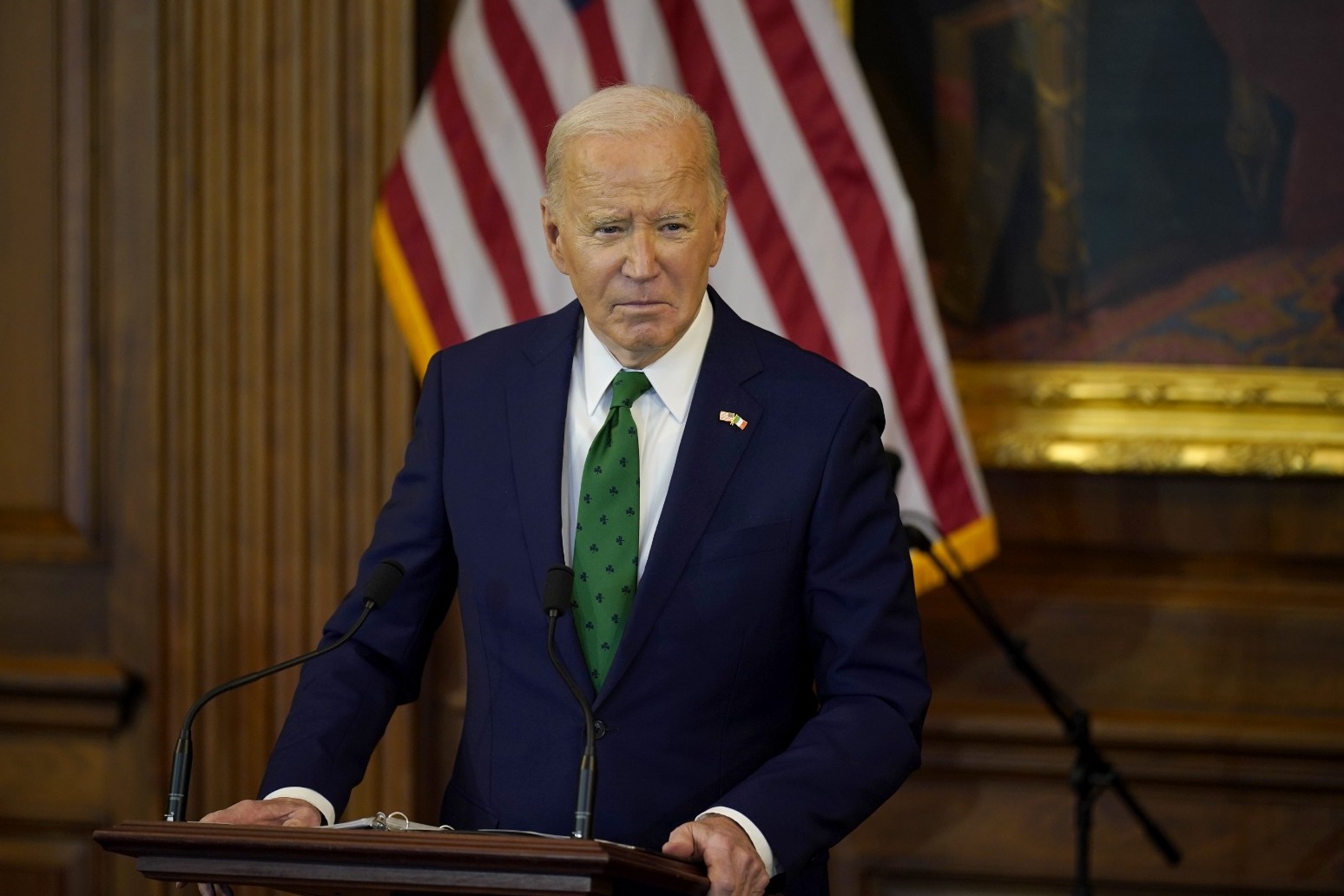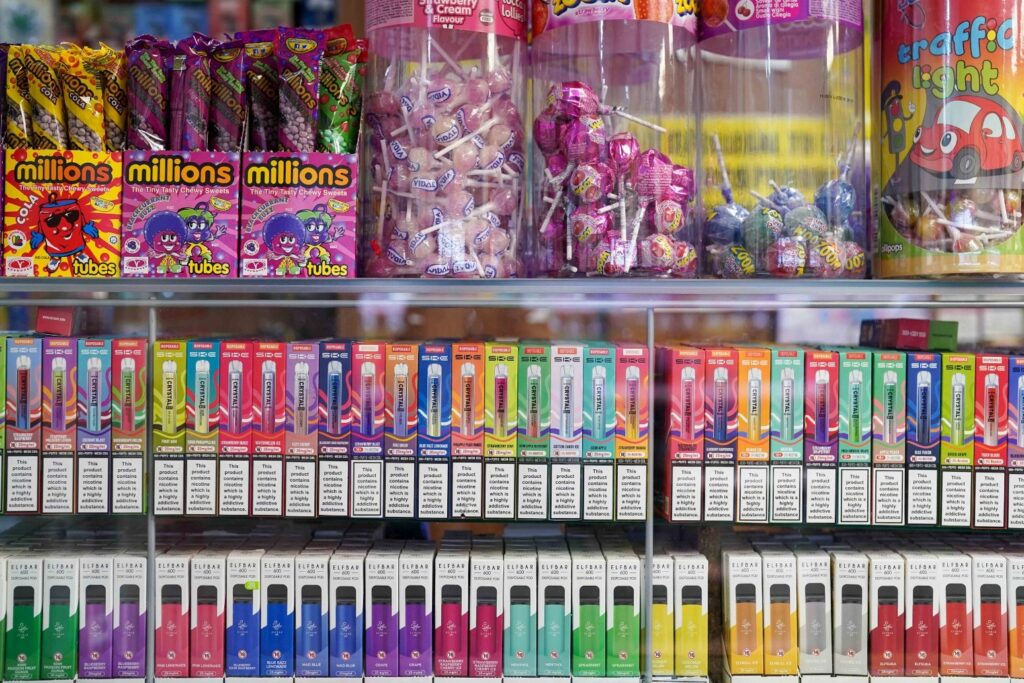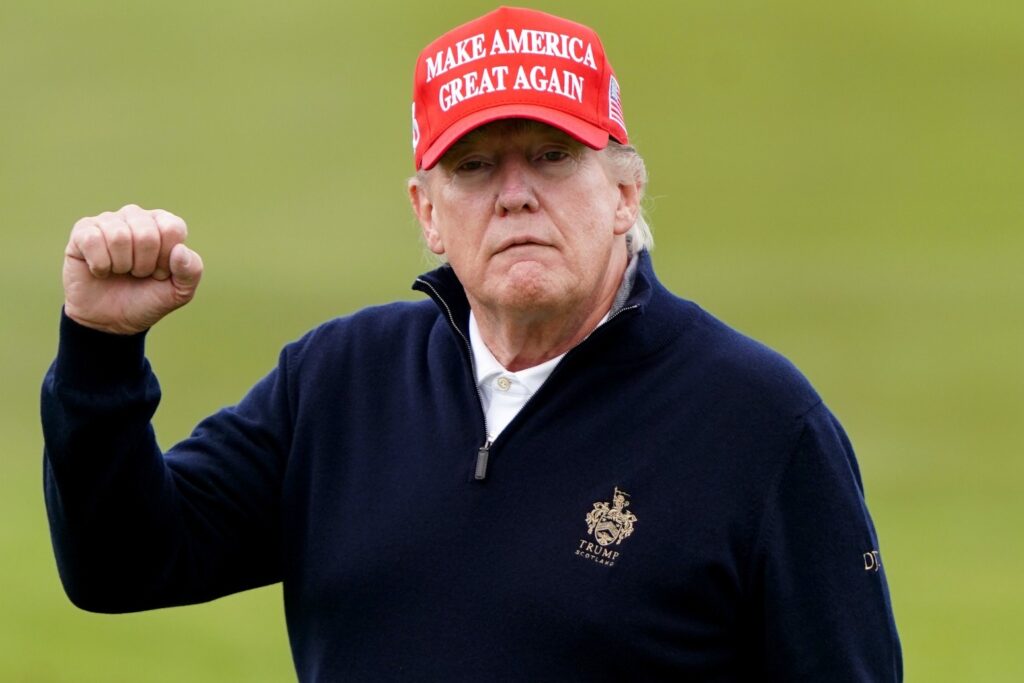This website uses cookies so that we can provide you with the best user experience possible. Cookie information is stored in your browser and performs functions such as recognising you when you return to our website and helping our team to understand which sections of the website you find most interesting and useful.
West and Russia complete biggest prisoner swap in post Soviet history
02/08/2024

“Today is a powerful example of why it’s vital to have friends in this world” – President Joe Biden
Western countries and Russia have completed their biggest prisoner swap in post-Soviet history.
Among those released by Moscow are Wall Street Journal reporter Evan Gershkovich, Paul Whelan, a corporate security executive with joint British nationality from Michigan and Vladimir Kara-Murza, who has joint Russian and British nationality.
The trade unfolded despite relations between Washington and Moscow being at their lowest point since the Cold War after Russian President Vladimir Putin’s invasion of Ukraine in February 2022.
Negotiators in backchannel talks at one point explored an exchange involving Russian opposition leader Alexei Navalny but after his death in February ultimately stitched together a seven-nation, 24-person deal that required significant concessions from European allies, including the release of a Russian assassin, and secured freedom for a cluster of journalists, suspected spies, political prisoners and others.
US President Joe Biden trumpeted the exchange, by far the biggest in a series of swaps with Russia, as a diplomatic feat while welcoming families of the returning Americans to the White House.
But the US and allies gave up Russians charged or convicted of serious crimes in exchange for Russia releasing journalists, dissidents and others imprisoned by the country’s highly politicised legal system on charges seen by the West as trumped-up.
“Deals like this one come with tough calls,” Mr Biden said but added: “There’s nothing that matters more to me than protecting Americans at home and abroad.”
Under the deal, Russia released Mr Gershkovich, a reporter for The Wall Street Journal who was jailed in 2023 and convicted in July of espionage charges that he and the US government vehemently denied. The paper’s editor-in-chief, Emma Tucker, called it a “joyous day”.
“While we waited for this momentous day, we were determined to be as loud as we could be on Evan’s behalf. We are so grateful for all the voices that were raised when his was silent. We can finally say, in unison, ‘Welcome home, Evan,’” she wrote.
Also released was Mr Whelan, a Michigan corporate security executive jailed since 2018, also on espionage charges he and Washington have denied; and Radio Free Europe/Radio Liberty journalist Alsu Kurmasheva, a dual US-Russian citizen convicted in July of spreading false information about the Russian military, accusations her family and employer have rejected.
Mr Kara-Murza, a Kremlin critic and Pulitzer Prize-winning writer serving 25 years on charges of treason widely seen as politically motivated, was also released along with multiple associates of Mr Navalny.
Other freed Kremlin critics included Oleg Orlov, a veteran human rights campaigner convicted of discrediting the Russian military, and Ilya Yashin, a former member of a Moscow municipal council who had been imprisoned for criticising the war in Ukraine.
The Russian side secured the release of Vadim Krasikov, who was convicted in Germany in 2021 and sentenced to life in prison for killing a former Chechen rebel in a Berlin park two years earlier, apparently on the orders of Moscow’s security services. Throughout the course of negotiations, Moscow had been persistent in pressing for his release, with Mr Putin himself raising it.
At the time of Mr Navalny’s death, officials were discussing a possible exchange involving Krasikov. But with that possibility erased, senior US officials, including national security adviser Jake Sullivan, made a fresh push to encourage Germany to release Krasikov. In the end, a handful of the prisoners Russia released were either German nationals or dual German-Russian nationals.
Russia also received two alleged sleeper agents who were jailed in Slovenia, as well as three men charged by federal authorities in the US, including Roman Seleznev, a convicted computer hacker and the son of a Russian politician, and Vadim Konoshchenok, a suspected Russian intelligence operative accused of providing American-made electronics and ammunition to the Russian military. Norway returned an academic arrested on suspicion of being a Russian spy, and Poland also sent back a man it detained on espionage charges.
“Today is a powerful example of why it’s vital to have friends in this world,” Mr Biden said while joined by the families.
Seven nations participated in the deal, which was executed in Ankara in the final months of his administration and during the course of a presidential race upended by his decision not to seek re-election.
Mr Biden placed securing the release of Americans held wrongfully overseas at the top of his foreign policy agenda for the six months before he leaves office. In an Oval Office address discussing his decision to drop his bid for a second term, Mr Biden said: “We’re also working around the clock to bring home Americans being unjustly detained all around the world.”
At one point on Thursday, he grabbed the hand of Mr Whelan’s sister, Elizabeth, and said she had practically been living at the White House as they tried to free Paul. He then motioned for Ms Kurmasheva’s daughter Miriam to come closer and took her hand, telling the room it was her 13th birthday, and then asked everyone to sing Happy Birthday with him. She wiped tears from her eyes.
His administration has now brought home more than 70 Americans detained in other countries, deals that have required the US in the past to give up a broad array of convicted criminals, including for drug and weapons offences. The US government’s top hostage negotiator, Roger Carstens, has defended the swaps against criticism that they incentivise future hostage-taking, saying the number of wrongfully detained Americans has actually gone down.
“We know the US government is keenly aware, as are we, that the only way to prevent a quickening cycle of arresting innocent people as pawns in cynical geopolitical games is to remove the incentive for Russia and other nations that pursue the same detestable practice,” Ms Tucker, the Journal’s editor, wrote, saying there needed to be a dynamic change.
“But for now,” she added, “we are celebrating the return of Evan.”
Former president Donald Trump, who had claimed that if elected he would immediately get Mr Gershkovich home, bashed the deal and speculated incorrectly that the US had given cash to Russia.
Thursday’s swap of 24 prisoners surpassed a deal involving 14 people that was struck in 2010. In that exchange, Washington freed 10 Russians living in the US as sleepers, while Moscow deported four Russians, including Sergei Skripal, a double agent working with British intelligence. He and his daughter were nearly killed in 2018 in Salisbury by nerve agent poisoning blamed on Russian agents.
Published: by Radio NewsHub



